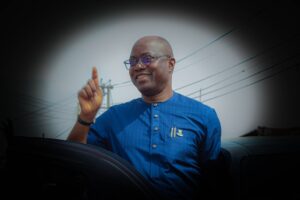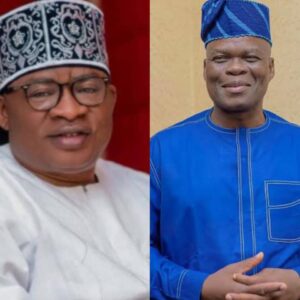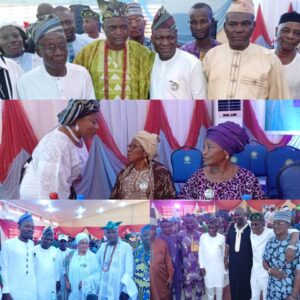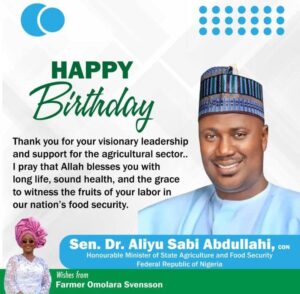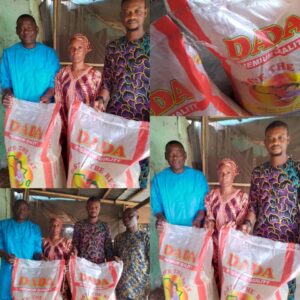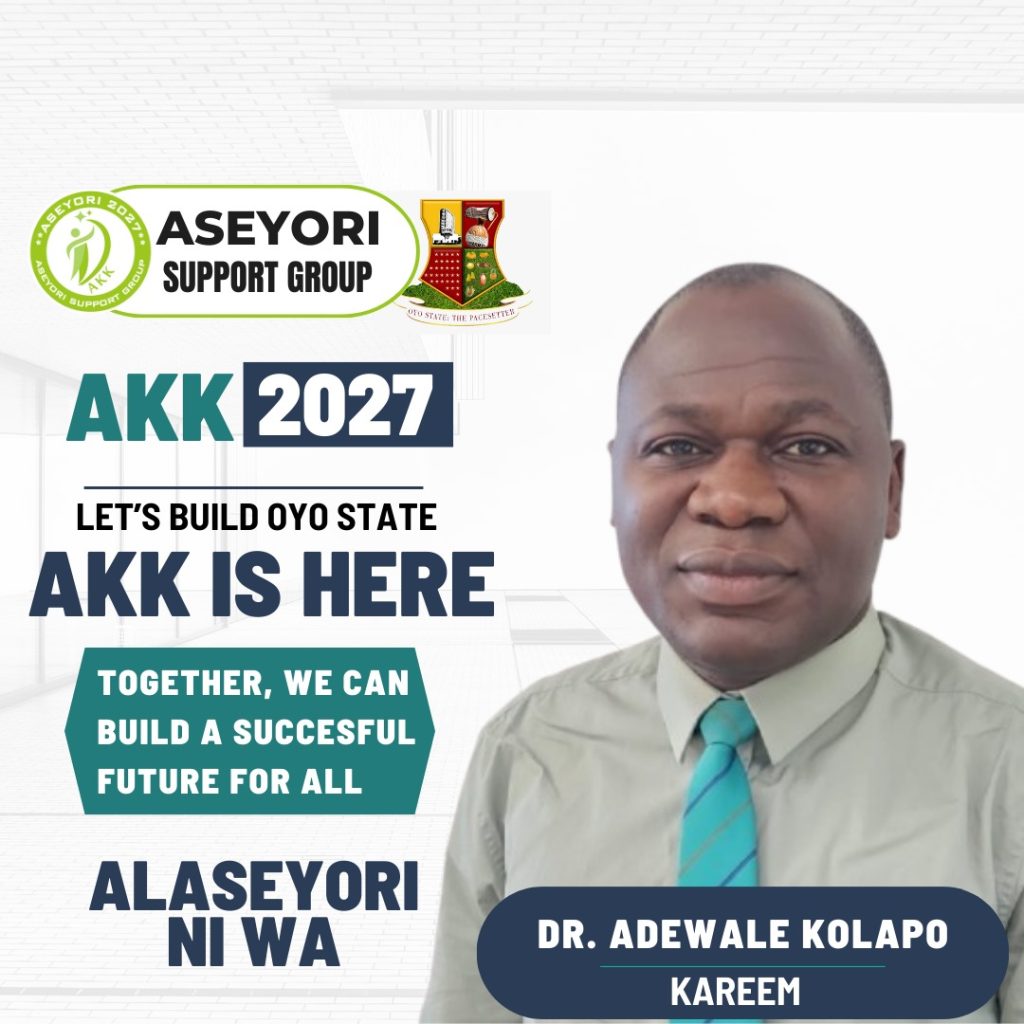
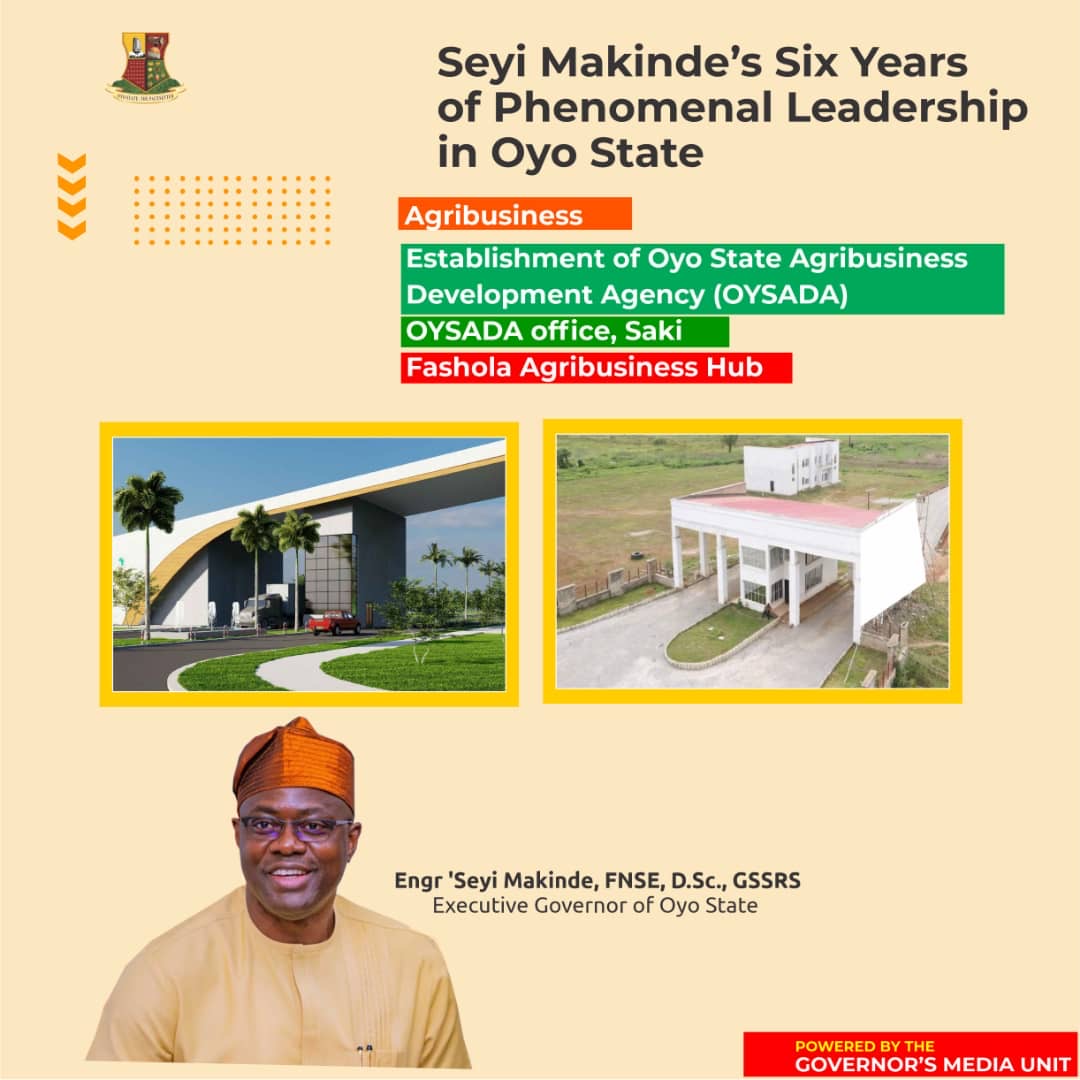
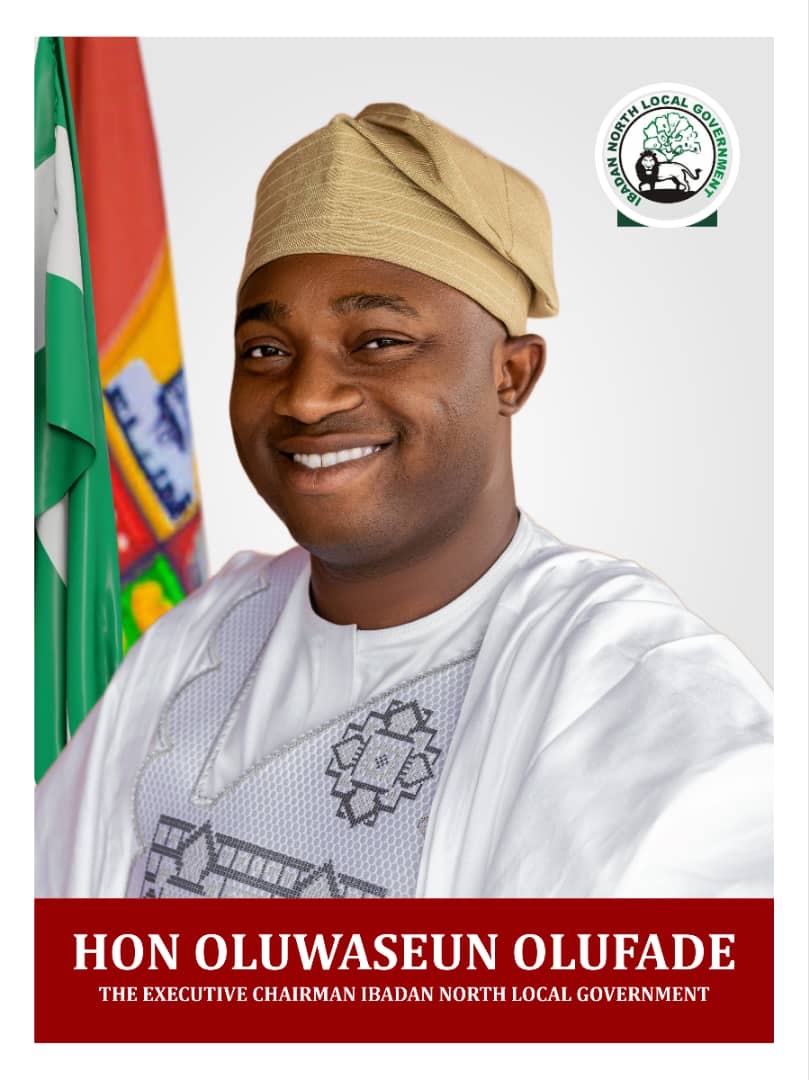
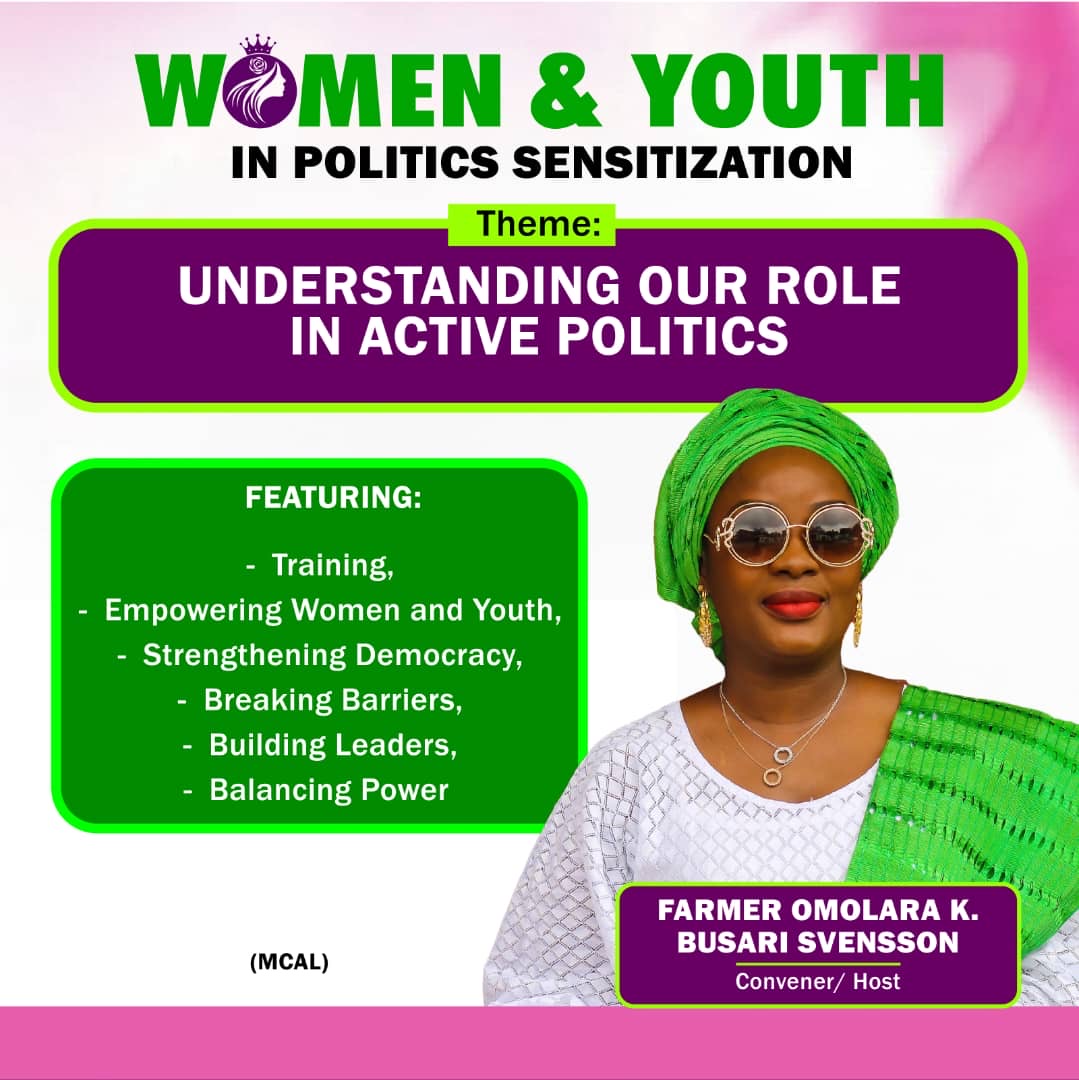
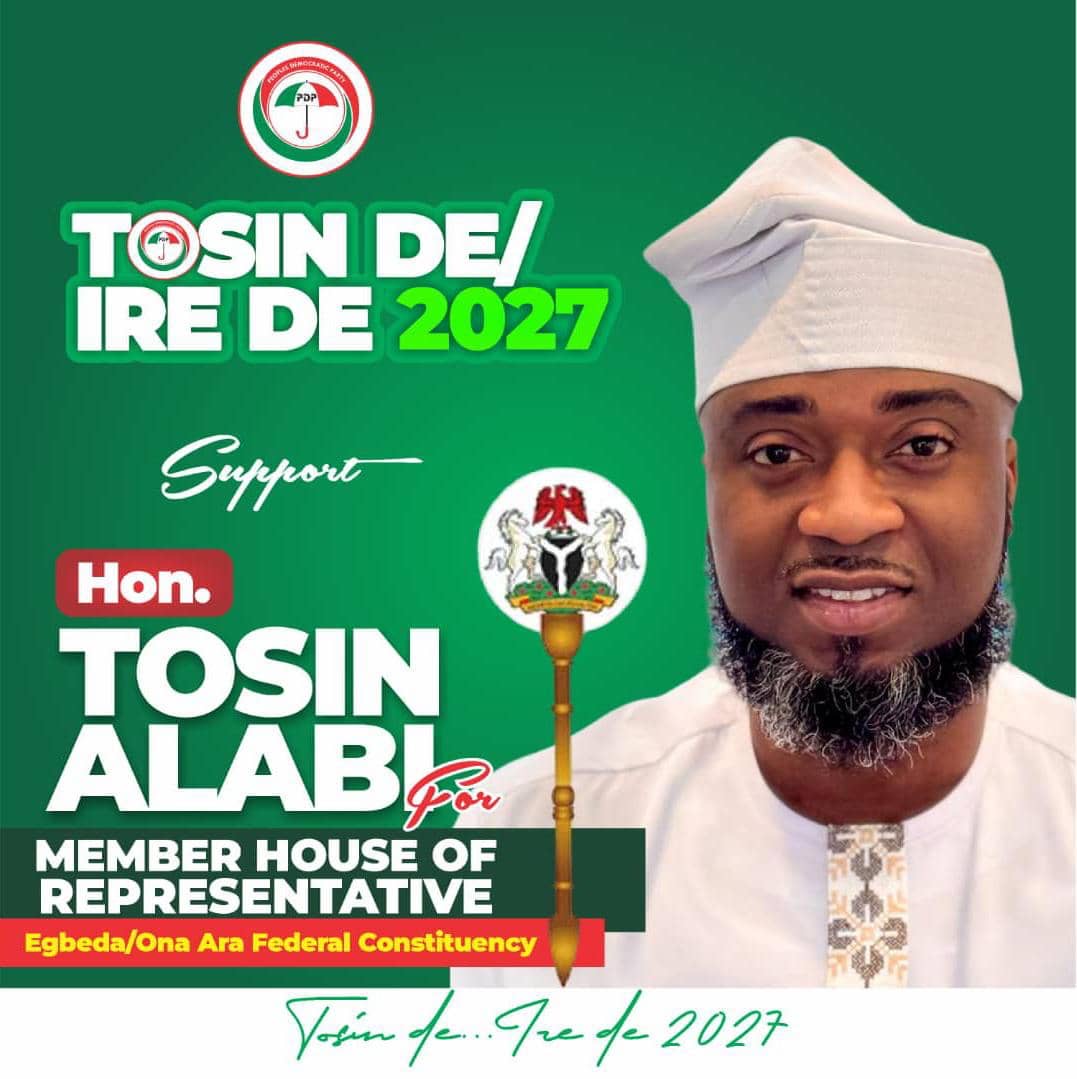
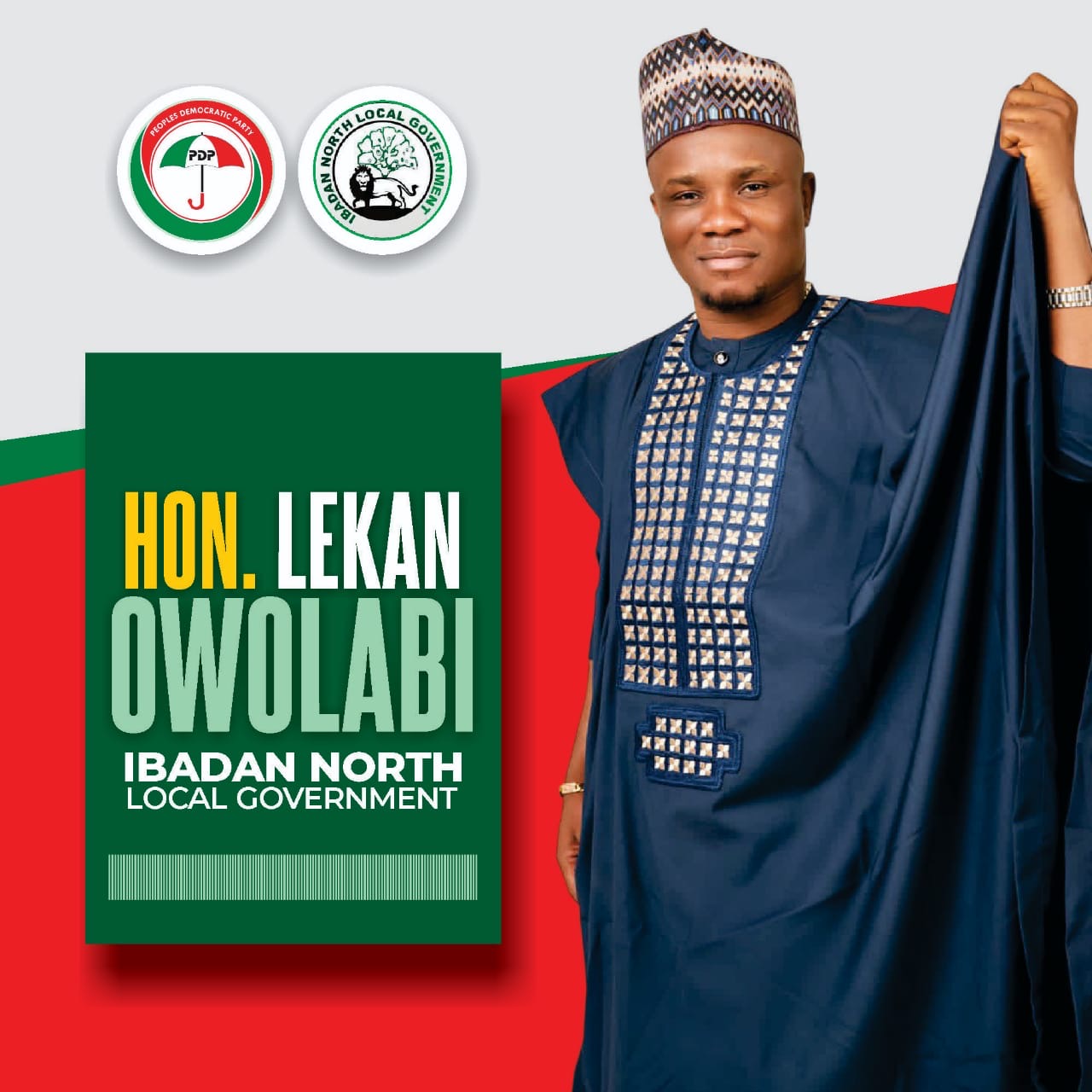
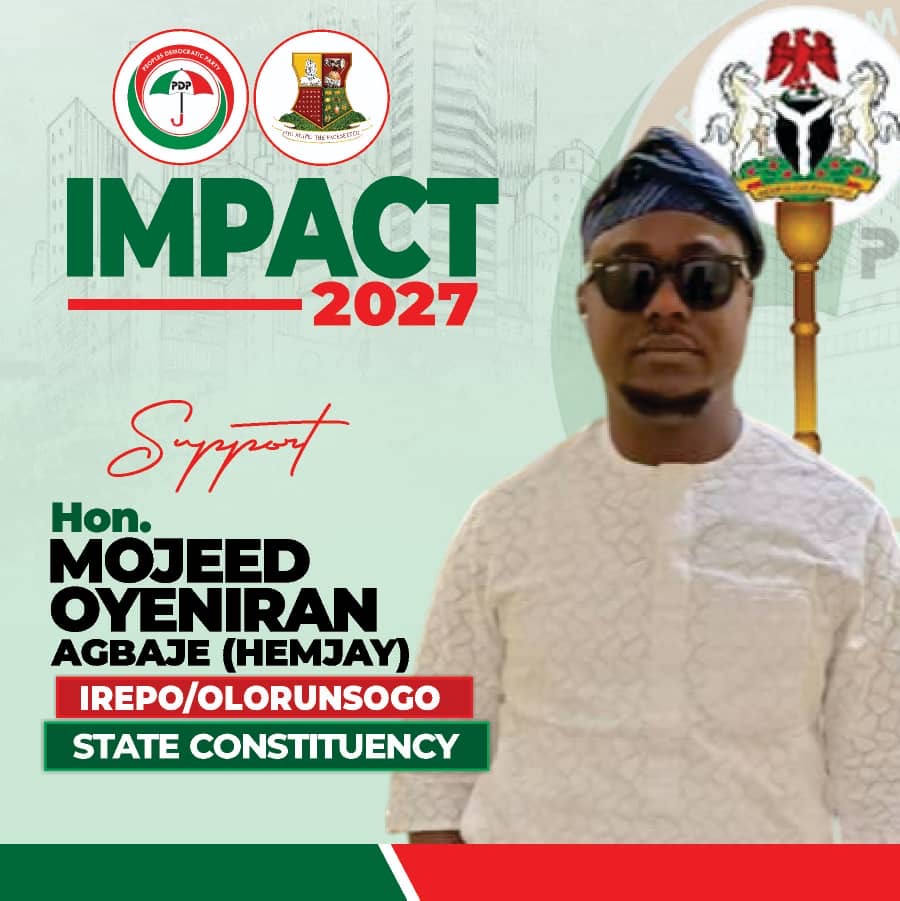
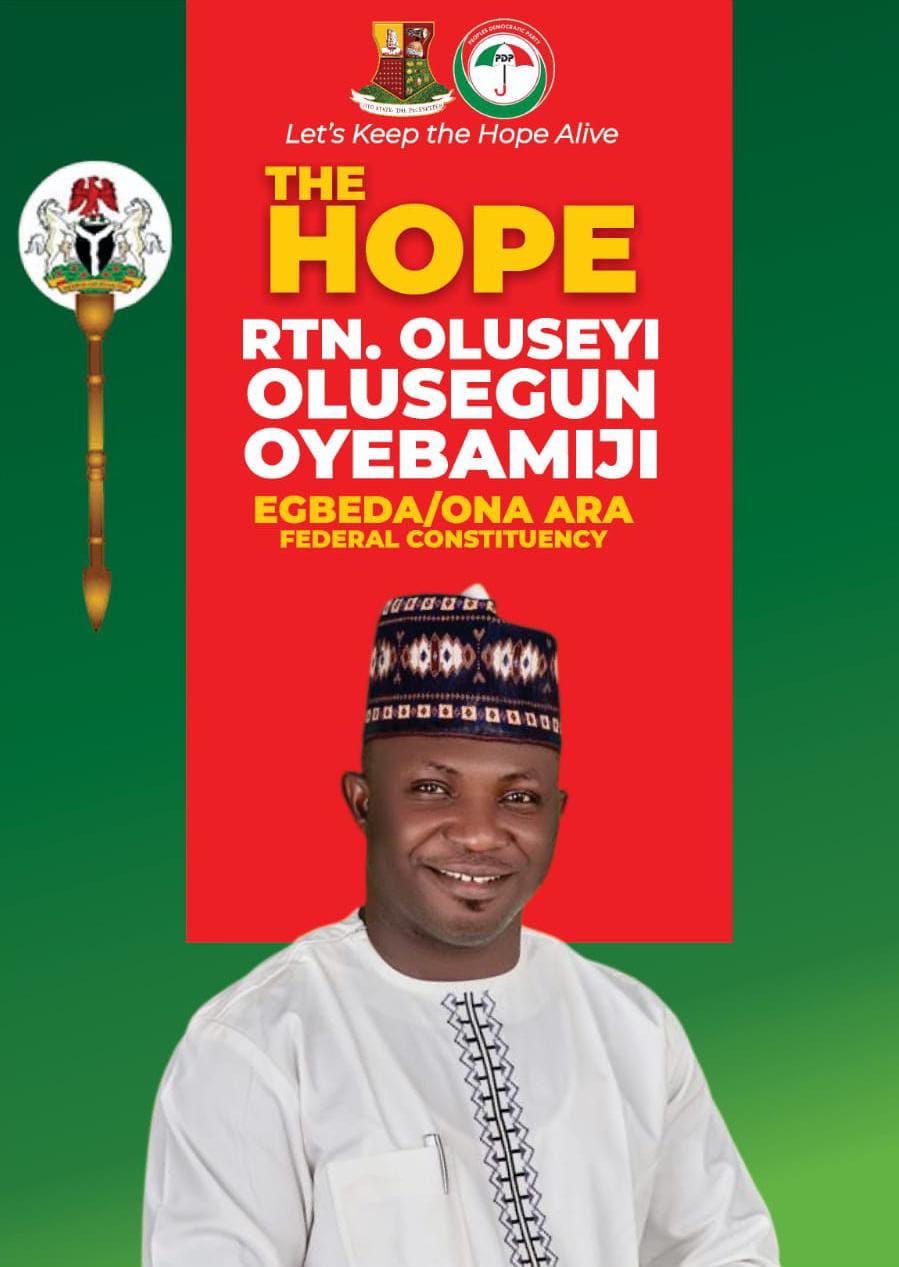
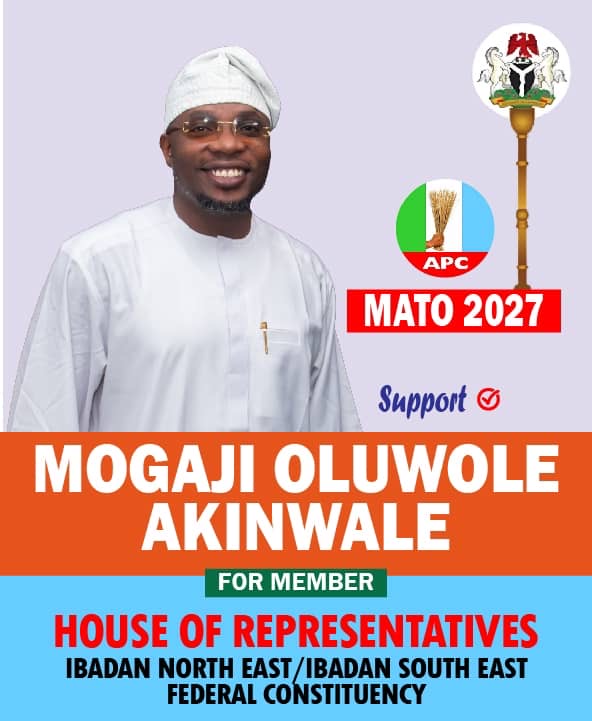
Nigeria is undoubtedly a nation of resilient souls, a home to millions who toil daily to make ends meet, – their lives is a declaration to the human spirit’s capacity for perseverance. For many, the essence of life is distilled to basic survival – feeding families, securing shelter, and weathering life’s storms.
Countless breadwinners bear the weight of their loved ones’ livelihoods, they shoulder responsibilities with dignity, despite meager means. Their daily struggles, though often invisible, are a stark reminder of our nation’s economic and social realities.
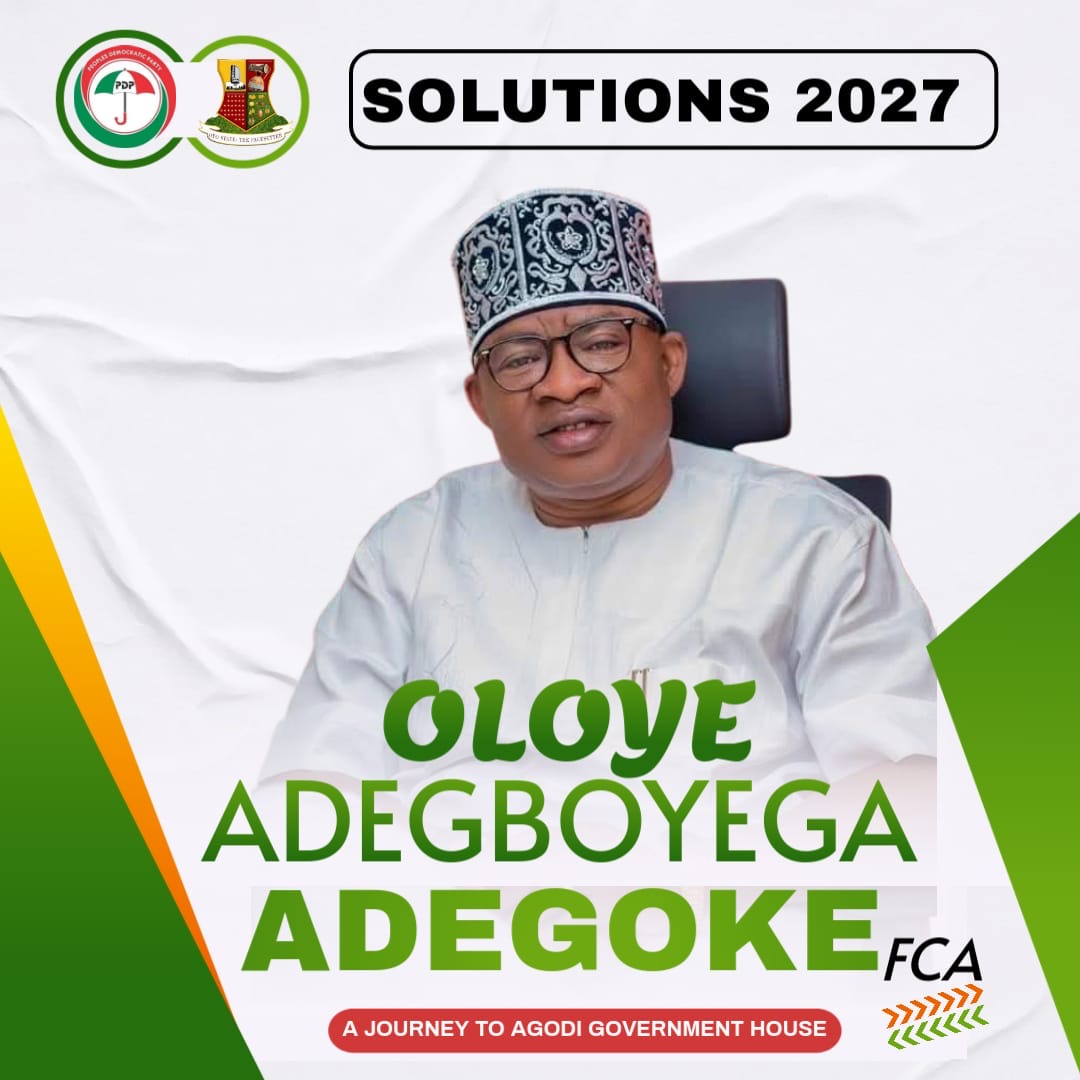
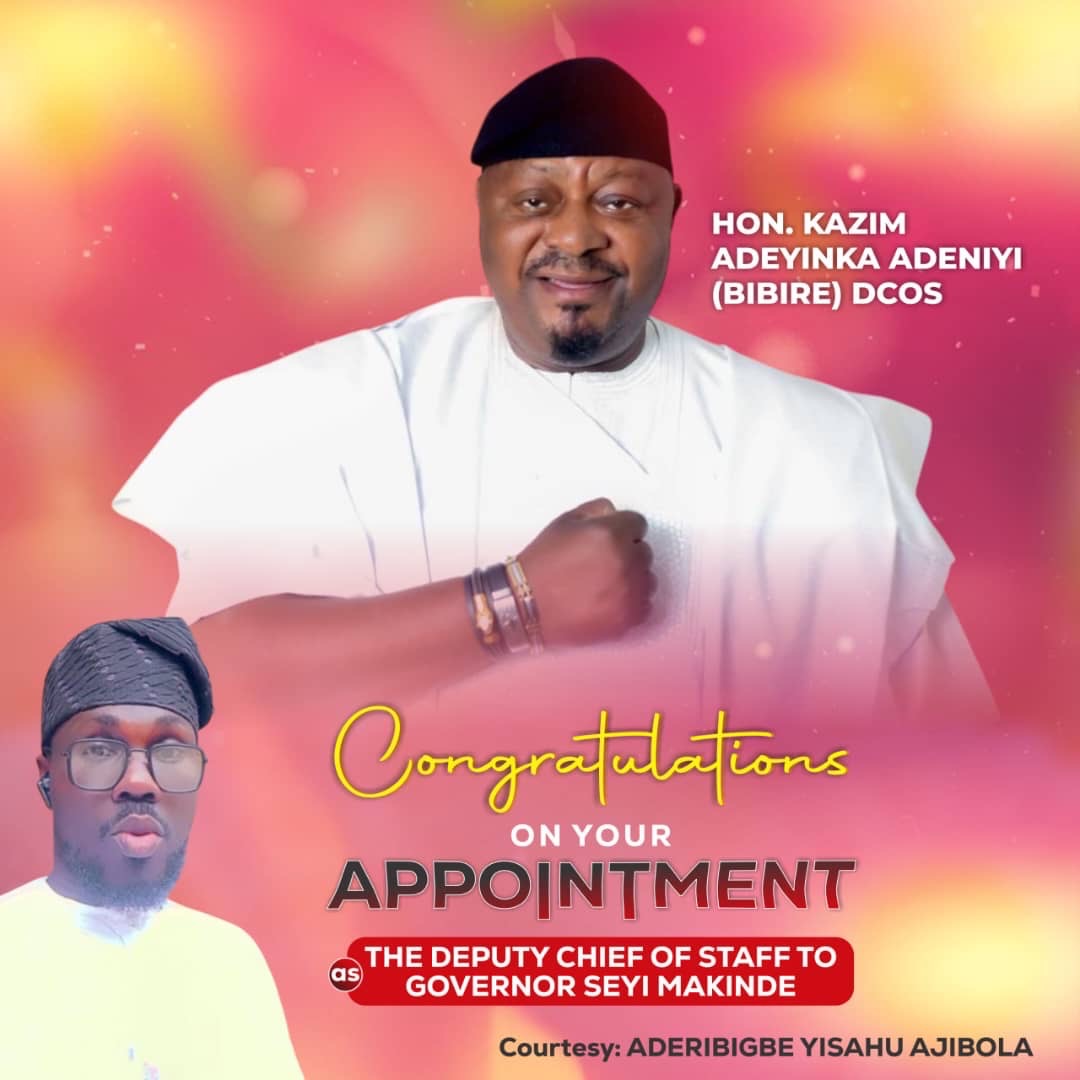
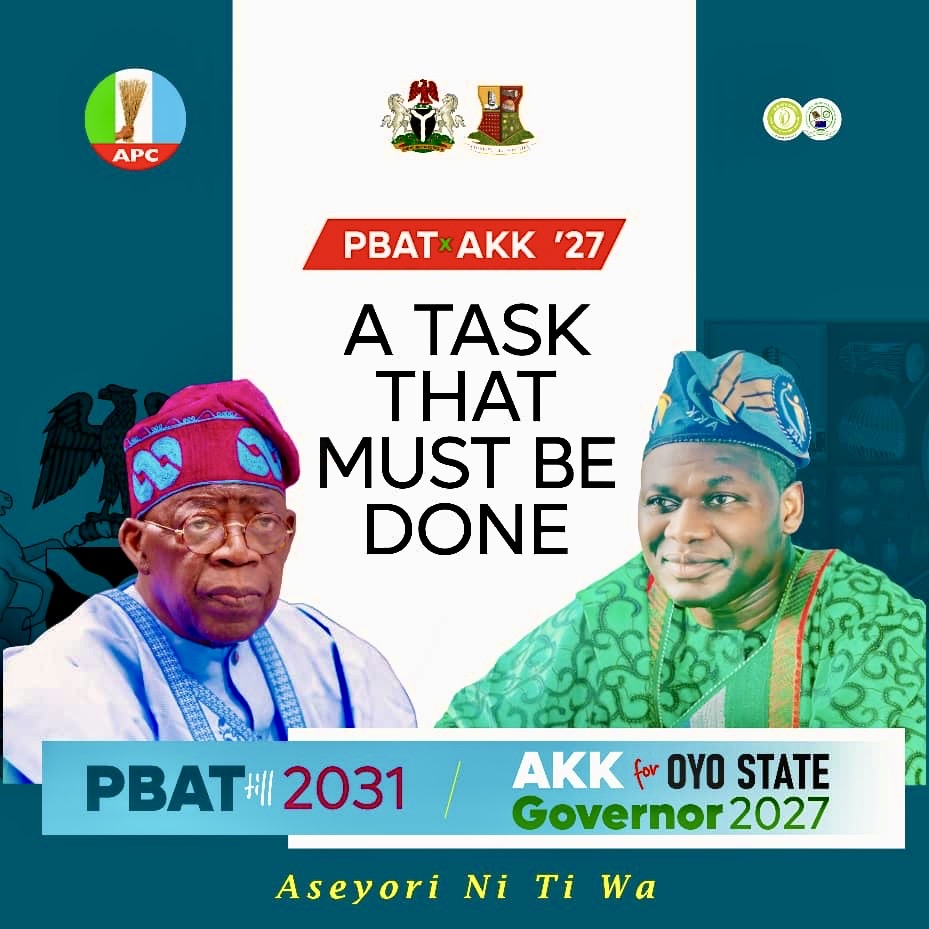

Yet, there is a more confronting stark reality before us, – that countless Nigerians remain impoverished, bereft of hope or means to sustain their families. Able-bodied individuals languish without employment, their potential is stifled by systemic inefficiencies and economic hardship.
These persons have palpable desperation – begging, resignation, or succumbing to faith serve as their fragile lifelines. These individuals embody the crushing grip of poverty, their stories is a declarative indictment of our societal failures.
We must reflect on their struggles, and we’re compelled to confront the structural flaws perpetuating the vicious cycle of poverty.
Poverty, however, assumes multiple forms: situational, generational, absolute, relative, urban, or rural. Each classification carries distinct causes and consequences, and speaks to a delicate balance of conflicting social forces. We must recognise these multifaceted nature of poverty to effectively combat its insidious reach.
Understanding these nuances informs targeted interventions, and affords us to acknowledge the diverse experiences of Nigeria’s impoverished populations, – from lack of access to education and healthcare to limited economic opportunities and social inequality, – it goes on and on, the roots run deep.
The statistics of people living in poverty are damning. Millions are trapped in this cycle, both globally and domestically. Disputing figures notwithstanding, the harsh reality surrounds us.
Nigeria’s impoverished populace spans various categories, and their struggles should be a pressing concern. The World Bank, IMF and other international and even local bodies have damning and threatening figures.
These numbers is a reality of the urgency for our collective action, and beckons us to confront the human struggles and inequalities that necessitate poverty eradication efforts.
Corporate entities, individuals, and – crucially – governments must join forces to alleviate the burden of poverty. Effective policies and programs demand committed leadership, particularly at the state and local governments level. The impact of poverty necessitates informed political choices and active civic engagement.
Collaborative efforts can harness resources, expertise, and innovation to address the complexities. By synergising our strengths, we can create lifelong solutions, and empower the disadvantaged populations to break free from the shackles of poverty.
Nigeria boasts of vast natural resources and an abundance of brilliant minds. No doubt. But it is only responsible stewardship, unencumbered by corruption that can cater for citizens’ needs. Our nation has no excuse for widespread poverty. None at all.
If we are determined, and leverage on human capital and natural riches, we can actualise a poverty-free future. Nigeria’s intellectual and entrepreneurial potential, if properly harnessed, can push the nation toward prosperity.
We can harness innovation, explore the opportunities in technology and social entrepreneurship to enable us unlock widespread gains for economic growth and social development.
For us to achieve this vision and many of our desires as Nigerians, I’d state again that we must scrutinise our choices and decisions. Political participation and careful leadership selection are paramount.
It is if and only when we empower leaders of good conscience that ensures genuine concern for poverty eradication and addressing societal needs. Informed citizenship and critical thinking can help elect visionary leaders committed to our progress. We must also continue to interrogate our values and priorities to create a poverty-free Nigeria and Oyo state.
The International Day for Poverty Eradication marked globally allows us to acknowledge the struggles and resilience of those afflicted. This awareness campaign serves as a call to action – to recognise the inherent dignity of all individuals and mobilise efforts to uplift those struggling.
I honour the courage and resourcefulness of Nigeria’s impoverished populations, whose lives embody the nation’s indomitable will and unyielding determination. In solidarity, we should all reaffirm our commitment to unified effort, compassion, operational overhaul and renewal.
Dr Adewale Kolapo Kareem writes from Oyo State.
Oyo 2027
AKK 2027
Governor 2027
Aseyori rere ni tiwa 2027
Saturday October 19, 2024

